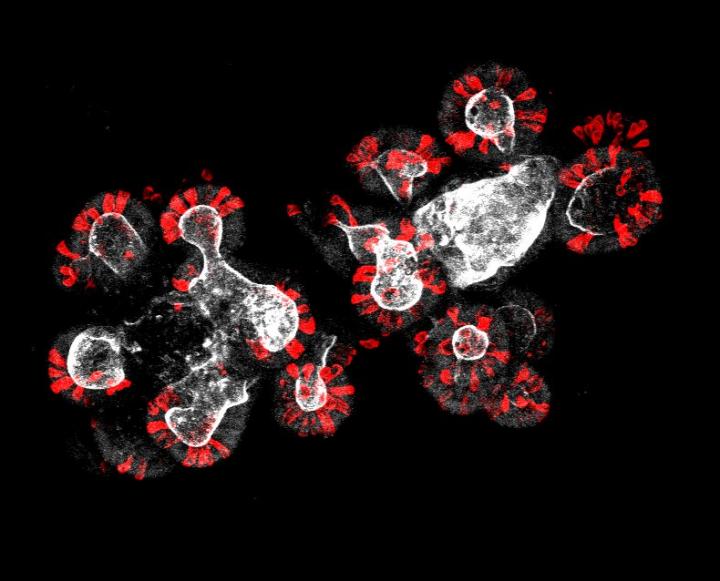
Credit: Nalle Pentinmikko
Researchers at the University of Helsinki have discovered how regenerative capacity of intestinal epithelium declines when we age. Targeting of an enzyme that inhibits stem cell maintaining signaling rejuvenates the regenerative potential of an aged intestine. This finding may open ways to alleviate age-related gastrointestinal problems, reduce side-effects of cancer treatments, and reduce healthcare costs in the ageing society by promoting recovery.
“This study highlights the importance of cellular interactions. Alterations inside one cell resulted in secretion of an aging factor that can be targeted with drugs, providing multiple attractive points for interventions”, says the principal investigator Pekka Katajisto, Associate Professor at the University of Helsinki and Karolinska Institutet.
The age-induced reduction in tissue renewal makes dosing of many common drugs challenging. Targeting of inhibitor called Notum may provide a new way to increase the therapeutic window and to promote recovery in societies with the aging population. Researchers believe that in addition to direct targeting of Notum, lifestyle factors such as diet may also provide means to reduce Notum, and thus improve tissue renewal and repair.
Using organoid culture methods, researchers understood that poor function of tissue repairing stem cells in old intestine was due to aberrant signals from the neighboring cells, known as Paneth cells.
“Modern techniques allowed us to examine tissue maintenance at a single cell level, and revealed which cell types contribute to the decline in tissue function. We were surprised to find that even young stem cells lost their capacity to renew tissue when placed next to old neighbors”, says the lead author, PhD candidate Nalle Pentinmikko from the University of Helsinki.
Normally intestinal epithelium is renewed by stem cells that rely on activity of Wnt-signaling pathway. Surrounding cells produce molecules that activate this pathway. The study shows that during ageing, Paneth cells begin to express a secreted Wnt-inhibitor called Notum. Notum enzymatically inactivates Wnt-ligands in the stem cell niche, decreasing regenerative potential of intestinal stem cells. However, pharmacologic inhibition of Notum rejuvenated stem cell activity and promoted the recovery of old animals after treatment with a commonly used chemotherapeutic drug with severe side-effects in the gut.
###
Media Contact
Pekka Katajisto
[email protected]
Original Source
https:/
Related Journal Article
http://dx.




